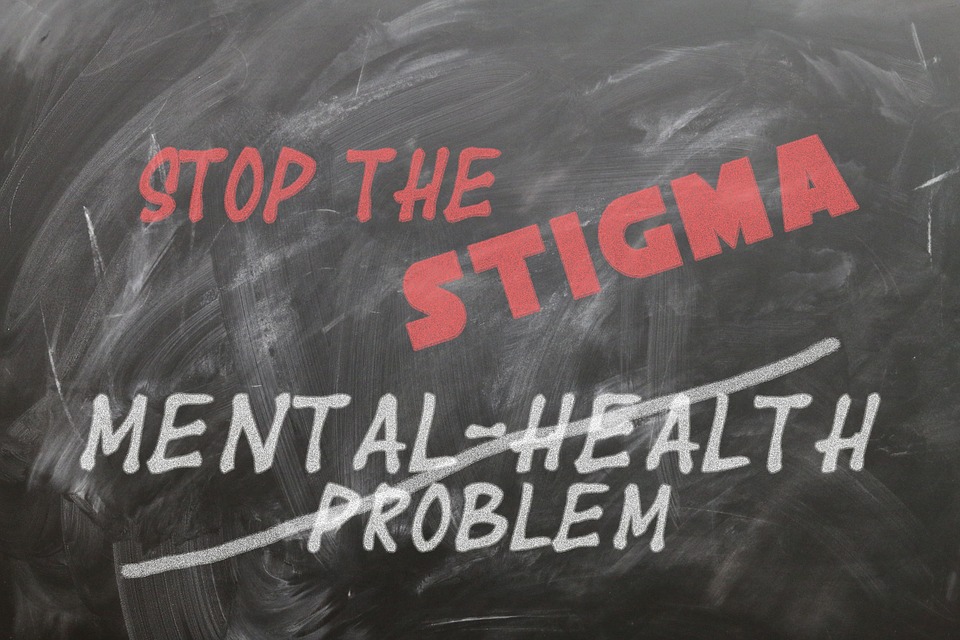Mental health encompasses the ability to cope with life’s challenges, social, emotional, and behavioural health. Mental health issues are linked to negative outcomes such as academic and behaviour problems, dropping out, and delinquency.
School mental health services are essential for creating and sustaining safe schools. It is vital to improve the physical and psychological safety of students at schools, as well as academic performance and problem-solving skills. School mental health supports that encompass social–emotional learning, wellness, resilience, and positive connections between students and adults are essential for creating a school culture in which students feel safe and empowered to report safety concerns, which is proven to be among the most effective school safety strategies.
Children with mental health challenges can experience difficulty at school for a variety of reasons. Like all of us, kids with mental health challenges have good days and bad, as well as, times when they are doing really well and times when their mental health symptoms become difficult to manage. One child’s symptoms may be really hard to manage at school while another child with the same condition may not have much difficulty. For example, a child with hyperactivity may benefit from introducing some activity into their daily classroom routine. A child with Oppositional Defiant Disorder might benefit from their teachers being trained to interact with them in a certain way. A young person who struggles with disorganization can be taught planning skills. Children who may become aggressive and those who get overly anxious may benefit from exploring what things lead to those feelings and being taught strategies to recognize when it is happening and things to do to avoid the problem from escalating.
Accessing the services that children and youth may need to help them better manage and support their mental health needs at school is critically important and can be challenging.
Recognizing and supporting the child’s mental health in schools matters because:
It is helpful to look at how mental health symptoms may affect a child in the classroom and the accommodations that may help. For example, children and youth with anxiety disorders may often struggle in school because they are so pre-occupied with their ‘worries’ that it makes it hard for them to pay attention. They may have physical complaints like stomach and headaches and may be frequently absent. They may also have trouble starting or completing their work because they are worried that it won’t be right. Sometimes their fear of being embarrassed, or getting something wrong or their fear of having to interact with others may lead them to avoid group and social activities and perhaps school all-together.
If your child is having trouble in their classroom it might be best to first meet with the teacher and let them know your concerns. They may have some ideas and be willing to put some strategies in place to help your child. If that doesn’t resolve the problem, you may also want to try including other school staff such as the principal, counsellor/social worker, etc. If you feel your child’s mental health issues are making it unable for them to learn and progress at school, you may contact a mental health service provider like us for support.
© All copyrights of the content are reserved to Manotsav Foundation.


